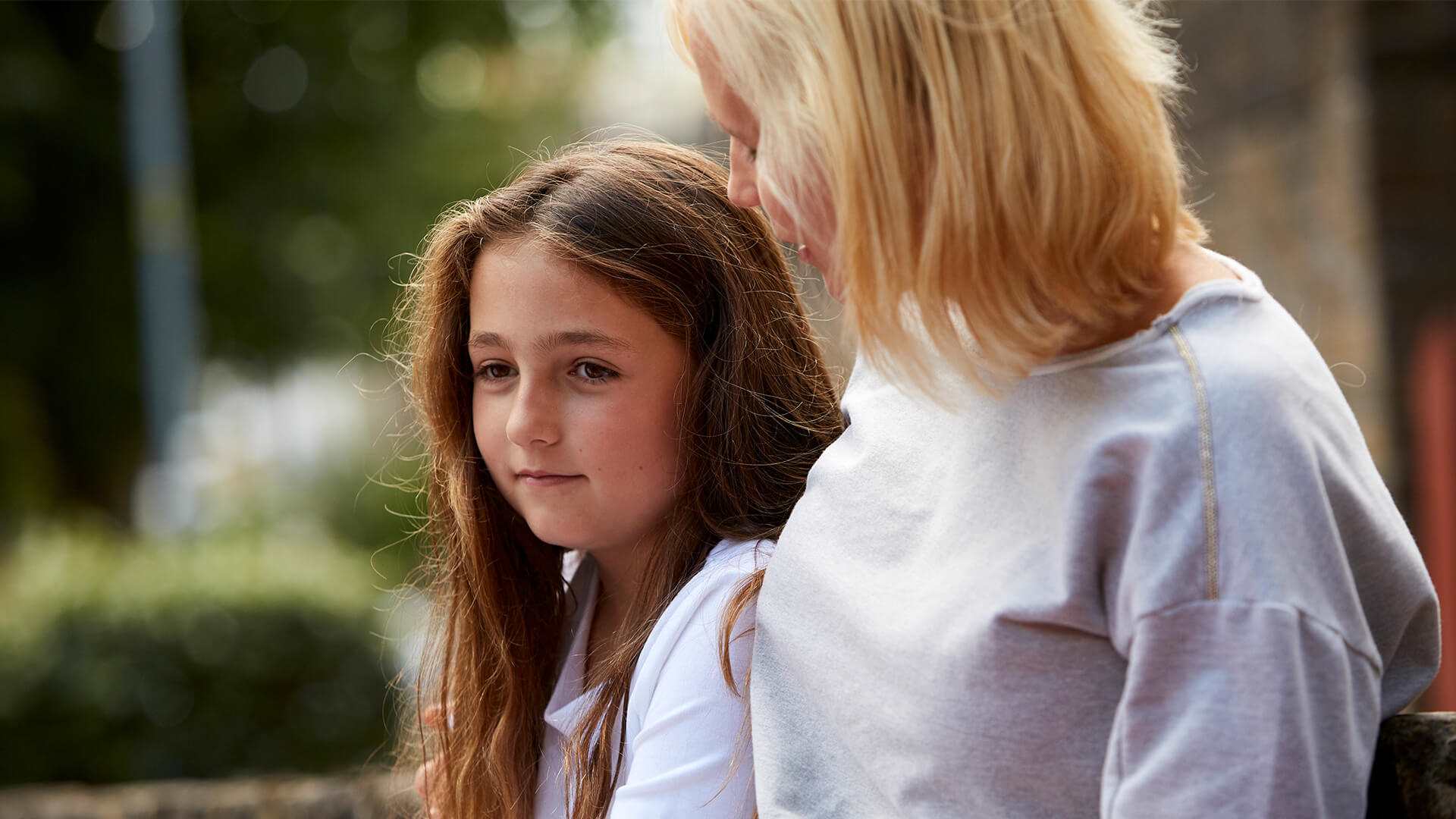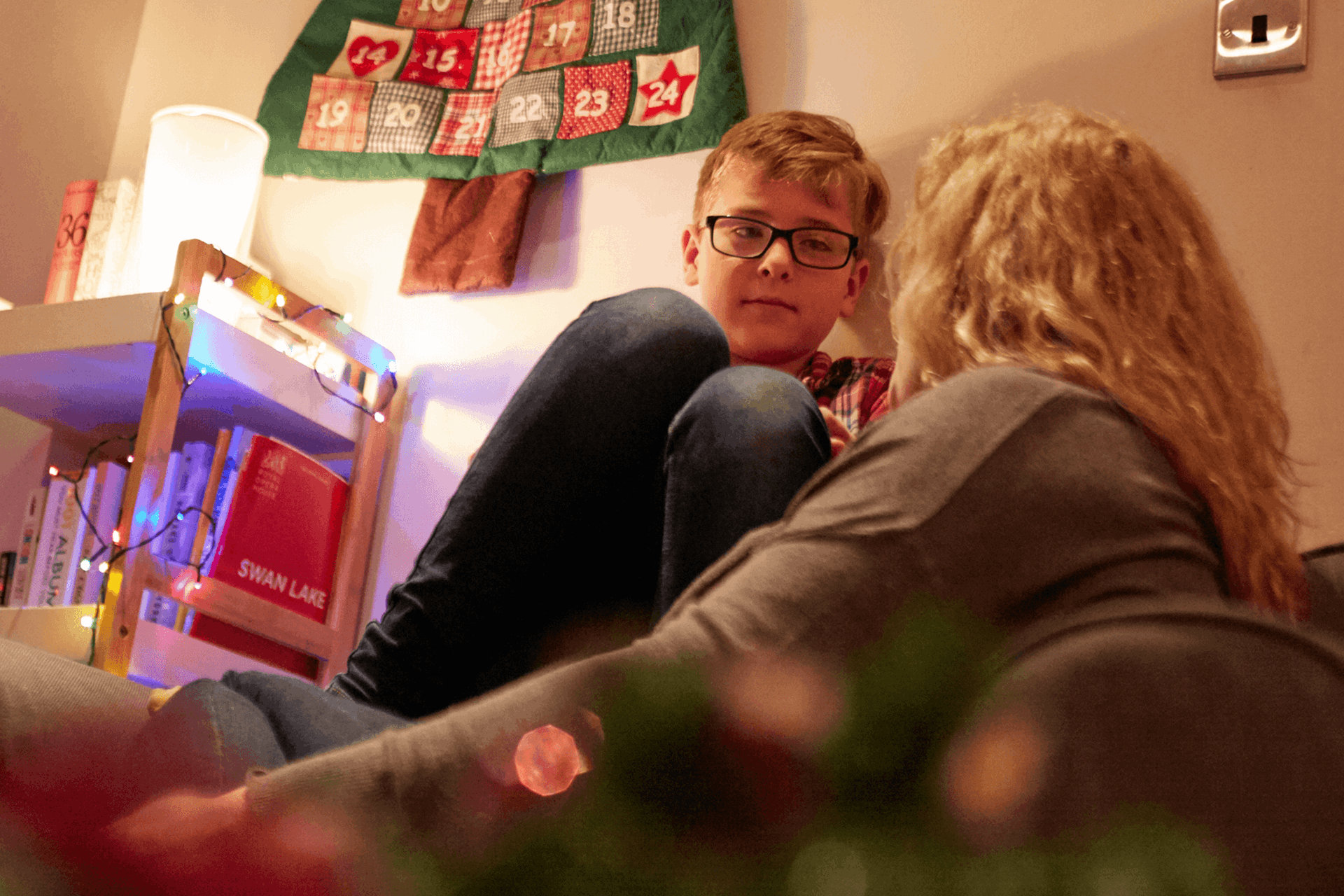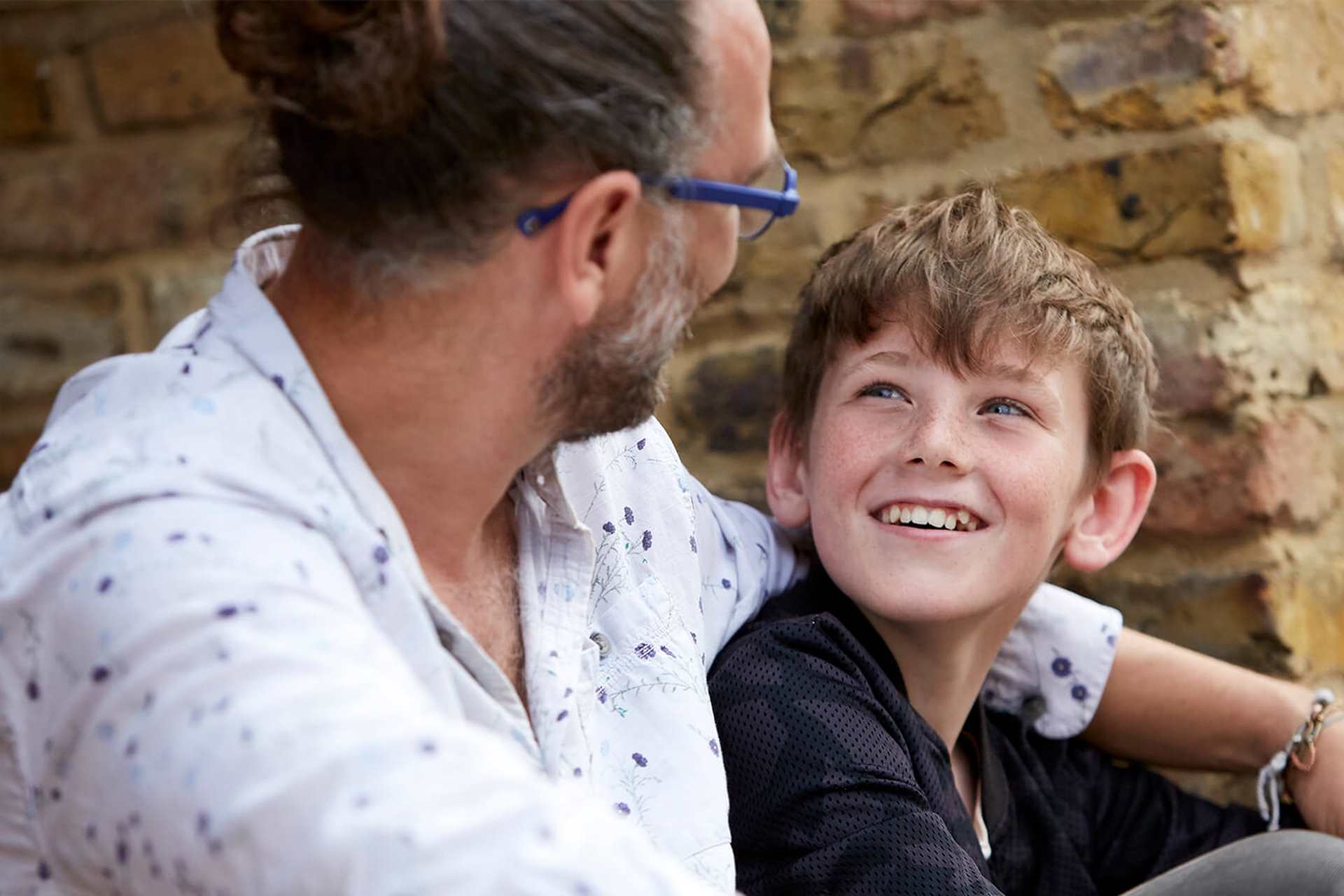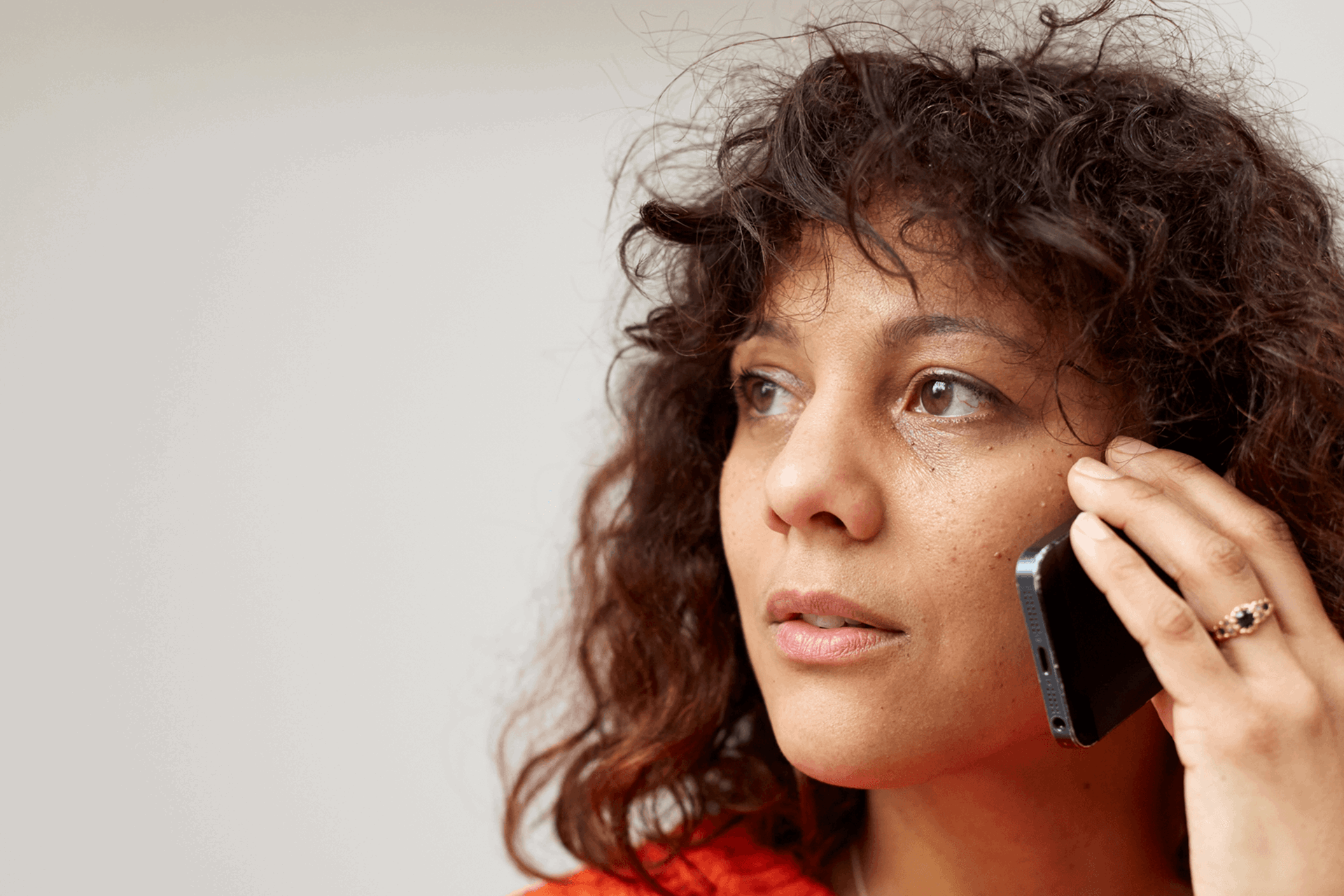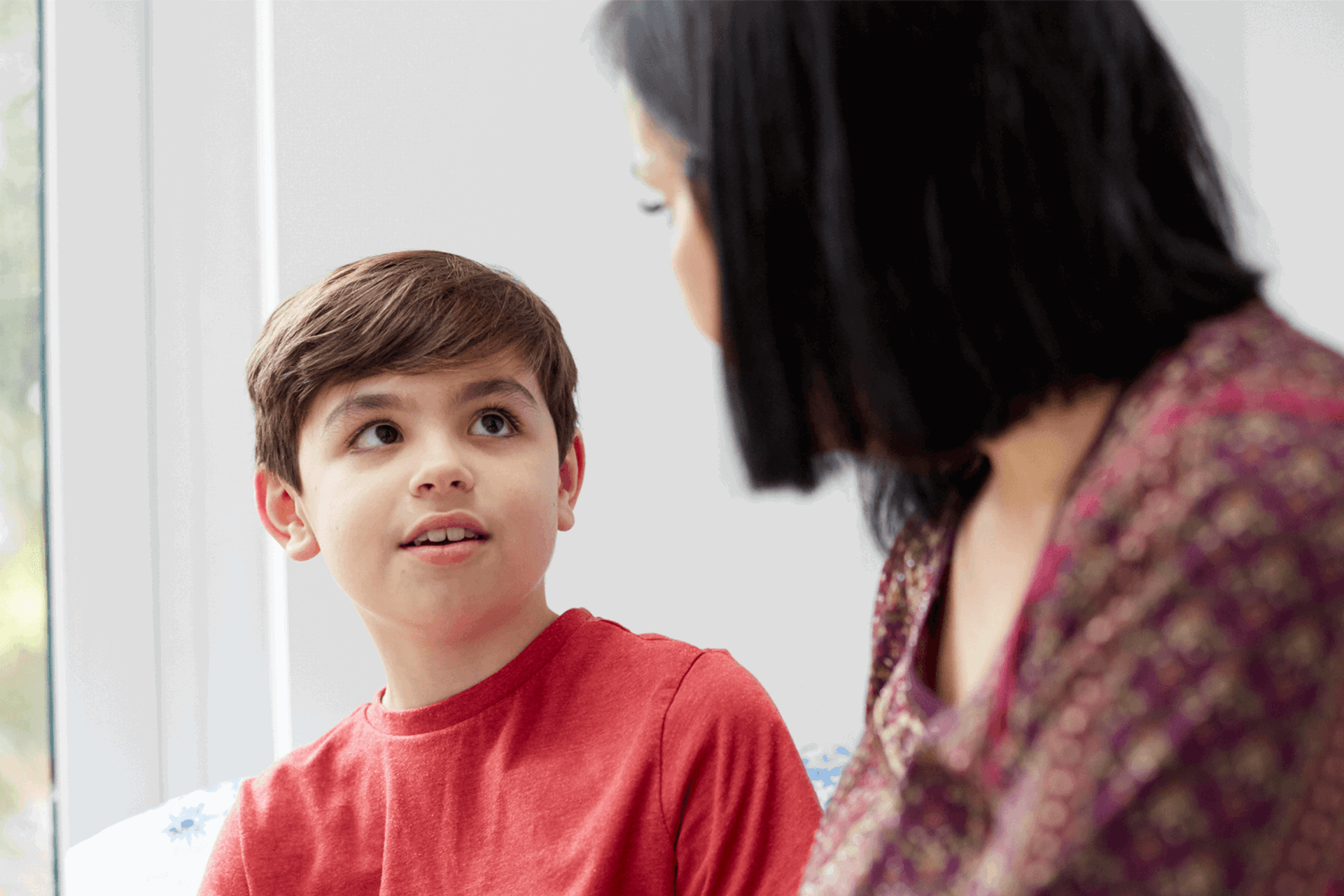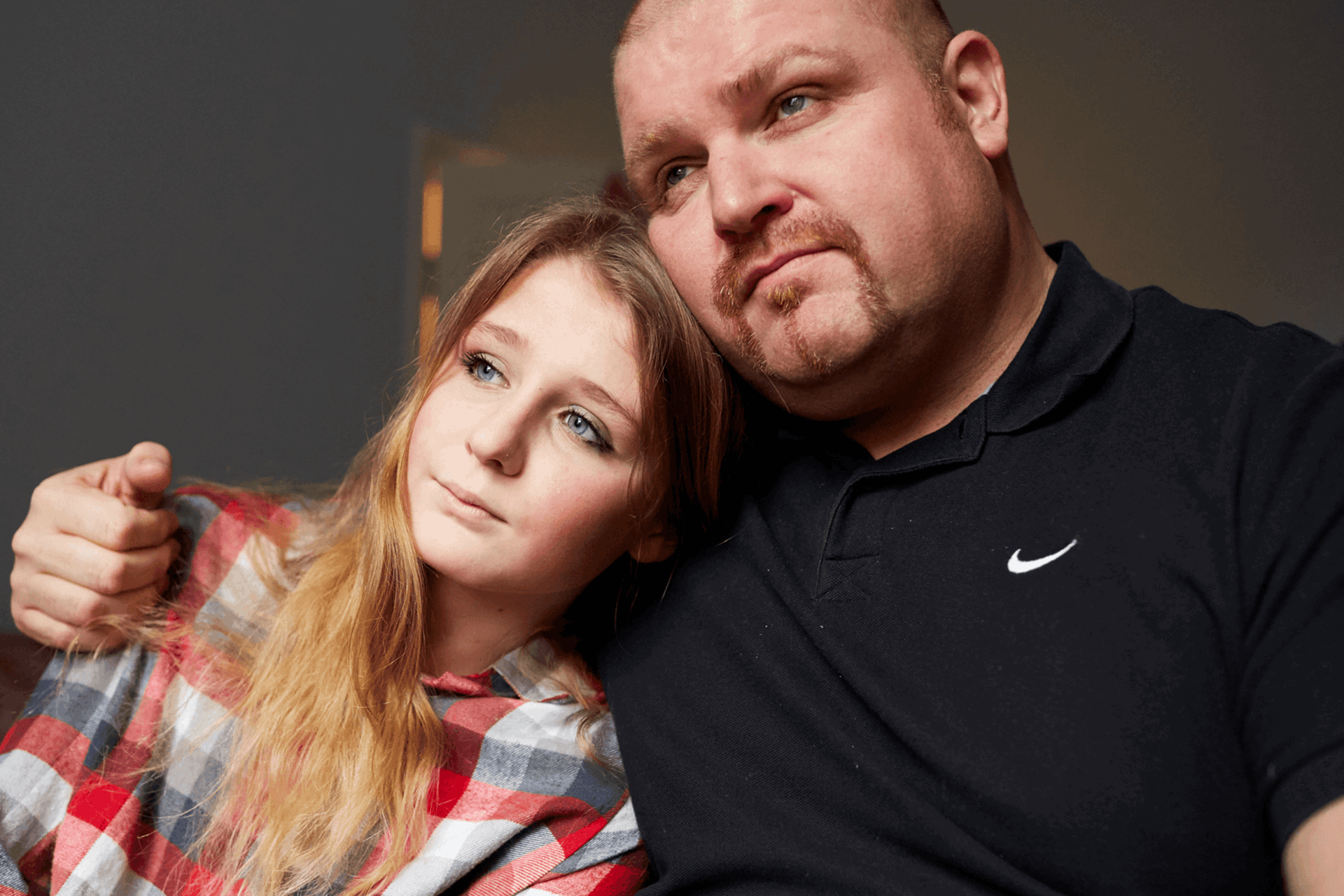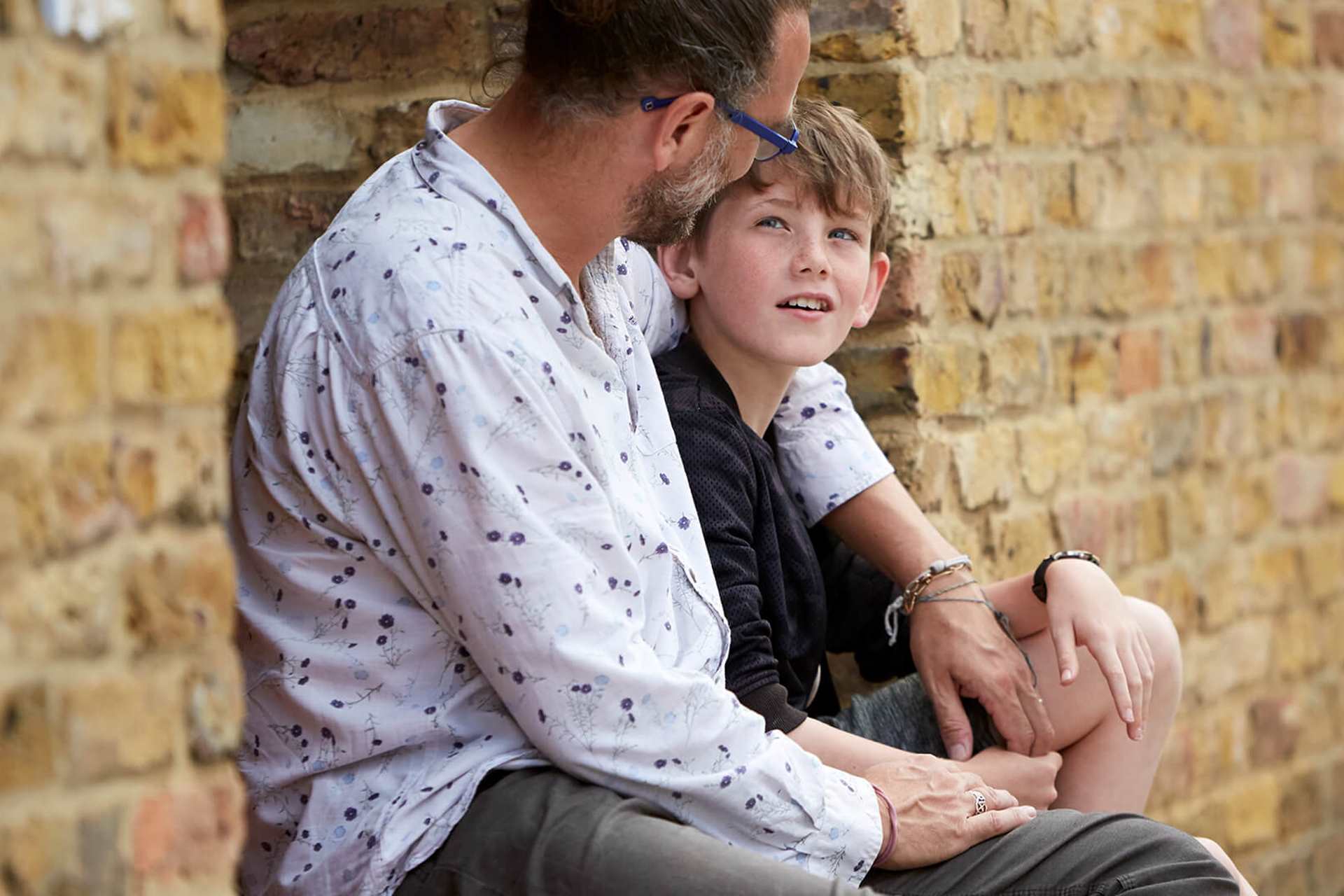Topics mentioned: anxiety, Coronavirus and mental health, anger, OCD, ADHD
Parent one
Our son has additional needs and he has found the switch from school to home really tough. In the first week of lockdown we had three different bouts of him lashing out, becoming anxious and aggressive.
We have set up a basic structure for the days, which has really helped. Having a stringent routine in the morning and then more flexibility in the afternoons has reduced the anxiety and anger he was feeling. We’re also resisting technology during the day – it was tough, but it made a difference after a week of persisting.
Having a stringent routine in the morning and then more flexibility in the afternoons has reduced the anxiety and anger he was feeling.
I have also reset my own aspirations around the amount of work I can do – switching to working in the mornings and evenings, while trying not to put too much pressure on myself.
Here’s the routine we’ve found works for us:
- 8 am: breakfast
- 9 am: exercise – a Joe Wickes video or time on the trampoline
- 9:30 am: school work with supervision
- 10:45 am: free play outside in the back garden
- 11:15 am: school work
- 12:15 pm: lunch
- Afternoon: choosing from activities such as playing in the front garden, going for a cycle ride or a run, or doing half an hour of maths
- 5 pm: dinner
- 6 pm: technology time – playing on the Xbox or watching TV
- 7 - 8:30 pm: bedtime routine – having a bath and reading stories
We have to take it as a positive that the meltdowns have decreased. We have good days and bad days, but we are making progress.
I have also reset my own aspirations around the amount of work I can do.
Parent two
It’s still hard to comprehend how much of our day-to-day life has changed since the lockdown started. What’s even more surprising is how it’s become the new norm. It’s amazing how adaptable we can be. That’s not to say there haven’t been stressful times – but there have been some positives to this new, restrictive life.
It’s amazing how adaptable we can be.
The announcement that exams were being cancelled initially led to both my son (A-Levels) and daughter (GCSEs) feeling angry and frustrated. Both had been working flat out to gain good grades and felt cheated that they would never be able to prove themselves.
However, as the days passed, I noticed a change in their attitude. Both acknowledged that a huge amount of pressure has been lifted. My daughter, who suffers from anxiety, seemed much happier. What’s clear is the fact that staying at home, with no make-up on, no worries about who is meeting up with who, and no revision-related anxiety, has made her a much happier person.
To me, this says a lot about the pressure our kids are living under in our normal, modern-day life. We certainly don’t miss the day-to-day pressures.
Staying at home, with no make-up on, no worries about who is meeting up with who, and no revision-related anxiety, has made my daughter a much happier person.
I've found it helpful to:
- keep lines of communication open with my kids, while also trying not to pester them and remembering they need their space
- not expect the same level of interaction from each child – they’re all different and that’s okay
- encourage all members of the household to do one form of exercise a day – even if it’s just walking around the block to get some fresh air
- have realistic goals each day
- keep to a routine – getting up at the same time each day during the week and keeping weekends as free from work as possible
- avoid listening to the news first thing in the morning or last thing at night
- remember – above all else – that this will pass
Parent three
So far isolation hasn’t been too bad, and I was expecting it to be worse. My son has obsessive compulsive disorder (OCD) and initially this was massively exacerbated – for example with more hand-washing. But it has eased slightly now.
His ADHD characteristics are definitely far less than they were. I guess this is because he’s not having to function ‘normally’ in society, and he’s not being placed in situations that trigger him. If anything, his mood is calmer because there’s less confrontation from the outside world.
I've found it helpful to:
-
take each day as it comes
-
talk to other people going through the same thing
-
stay in touch with the professionals supporting my child
-
remember that I can’t yet really understand the effect this might be having on him, and that it’s okay to let him shout if he needs to
-
lift our usual screen-time regulations, as there’s no point creating an argument that neither of us can get space from - I’m letting him do what makes him feel content and happy
My son has obsessive compulsive disorder (OCD) and initially this was massively exacerbated – for example with more hand washing. But it has eased slightly now.
More information and advice
Where to get help
-
Anxiety UK
Provides information, support and advice for anyone struggling with anxiety. Please note that this organisation offers paid-for services, including therapy and an advice line.
- Opening times:
- 10.30am-4.30pm, Monday-Friday
-
OCD Action
Offers support and information to anybody affected by obsessive compulsive disorder (OCD).
Website provides information and advice to help you access treatment.
- Opening times:
- 9:30am - 8pm, Monday - Friday
-
Youth Access
Provides information about local counselling and advice services for young people aged 11-25.
Put in your location and what you need help with into their 'Find help' search, and see what services are available in your area.
Spread the word
